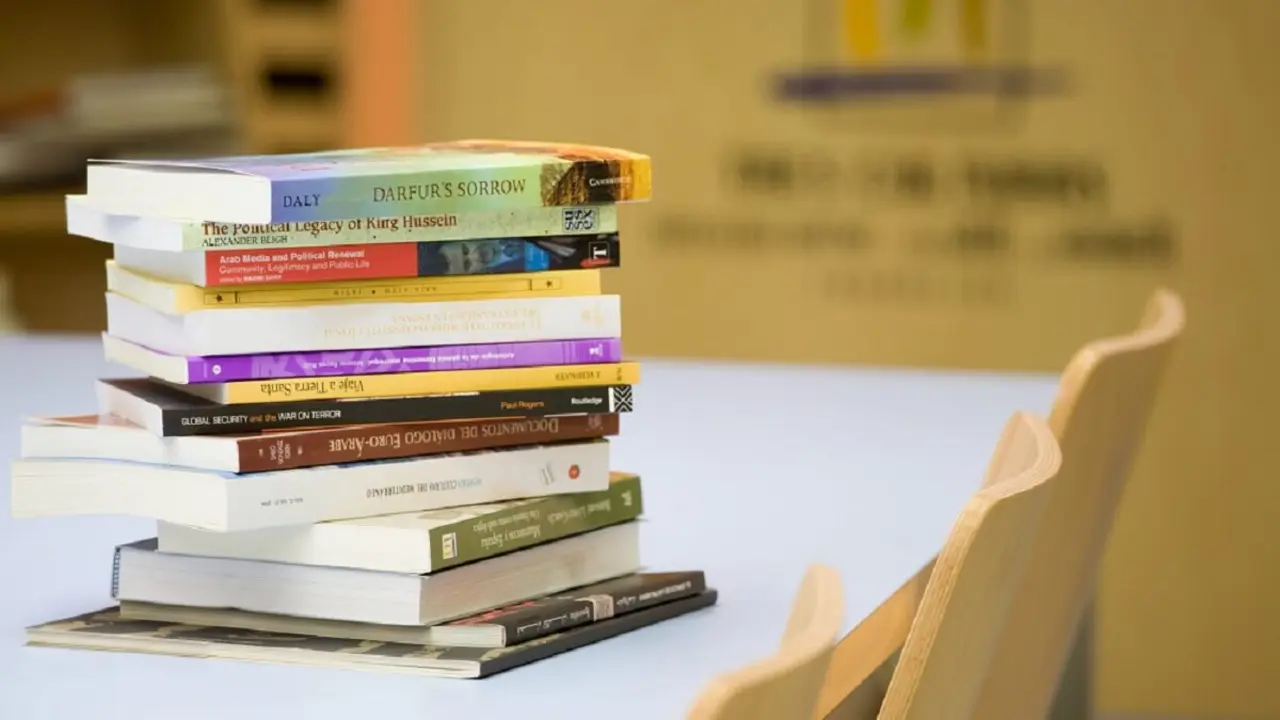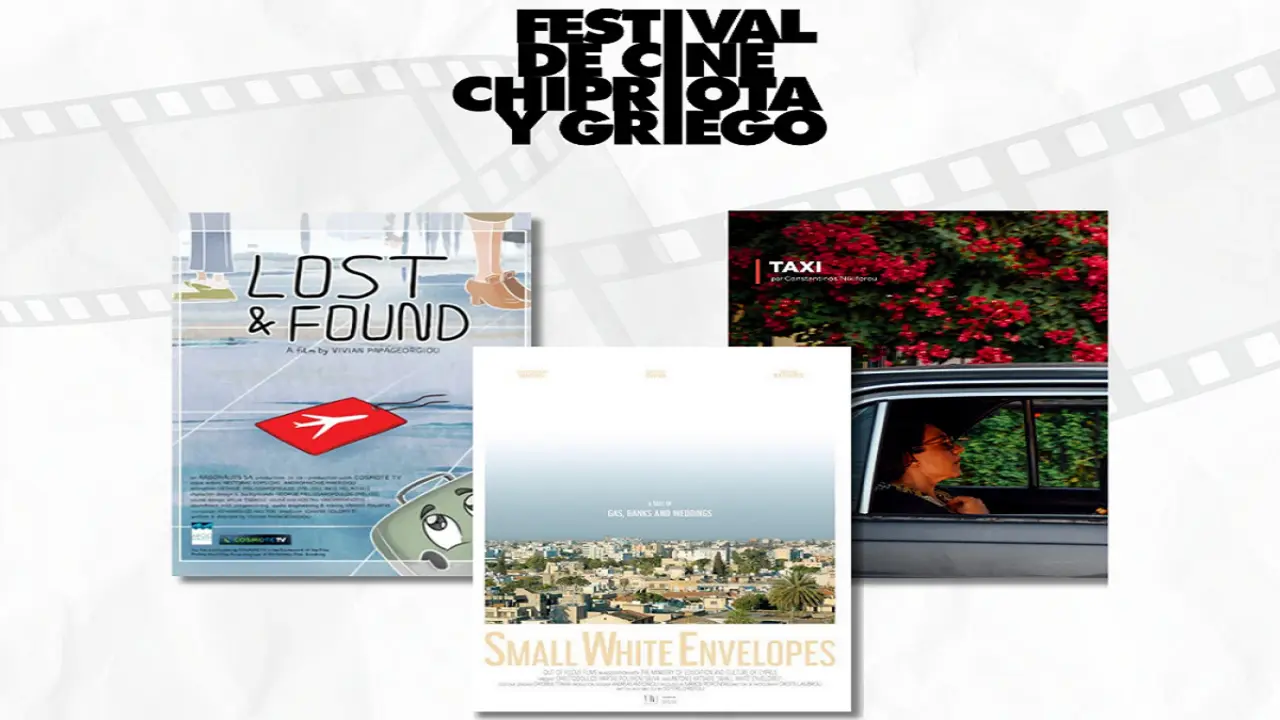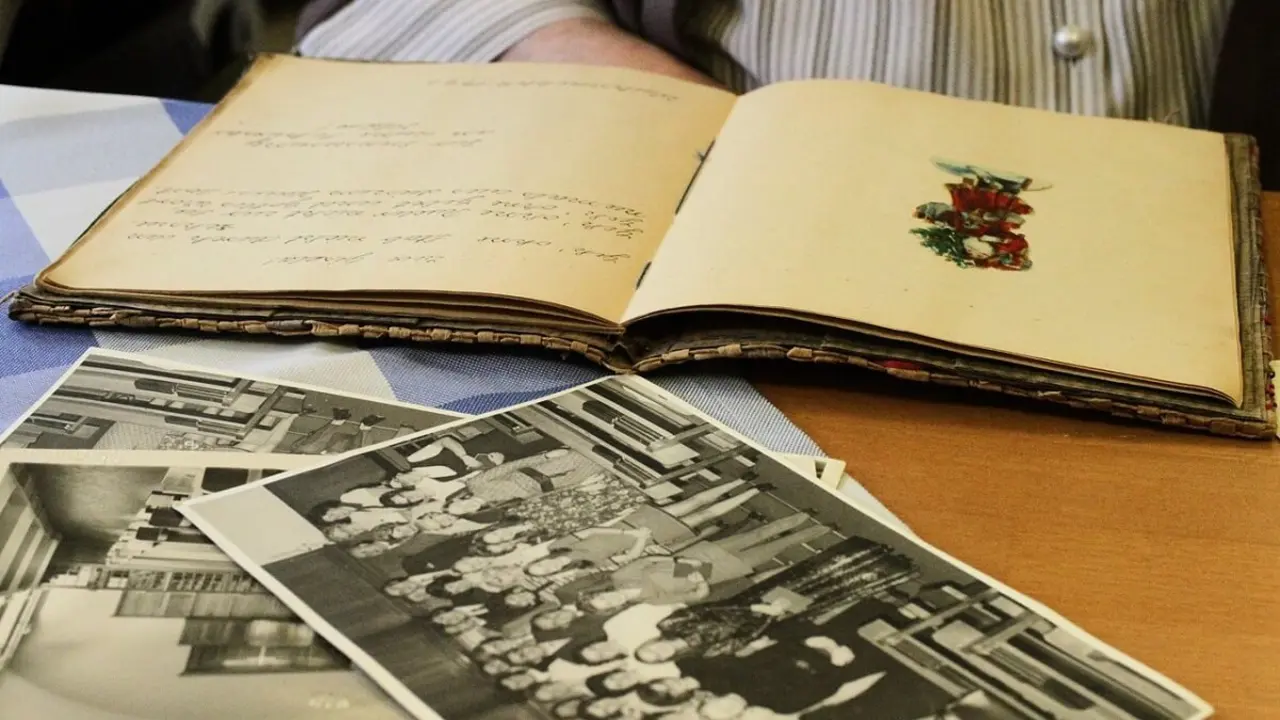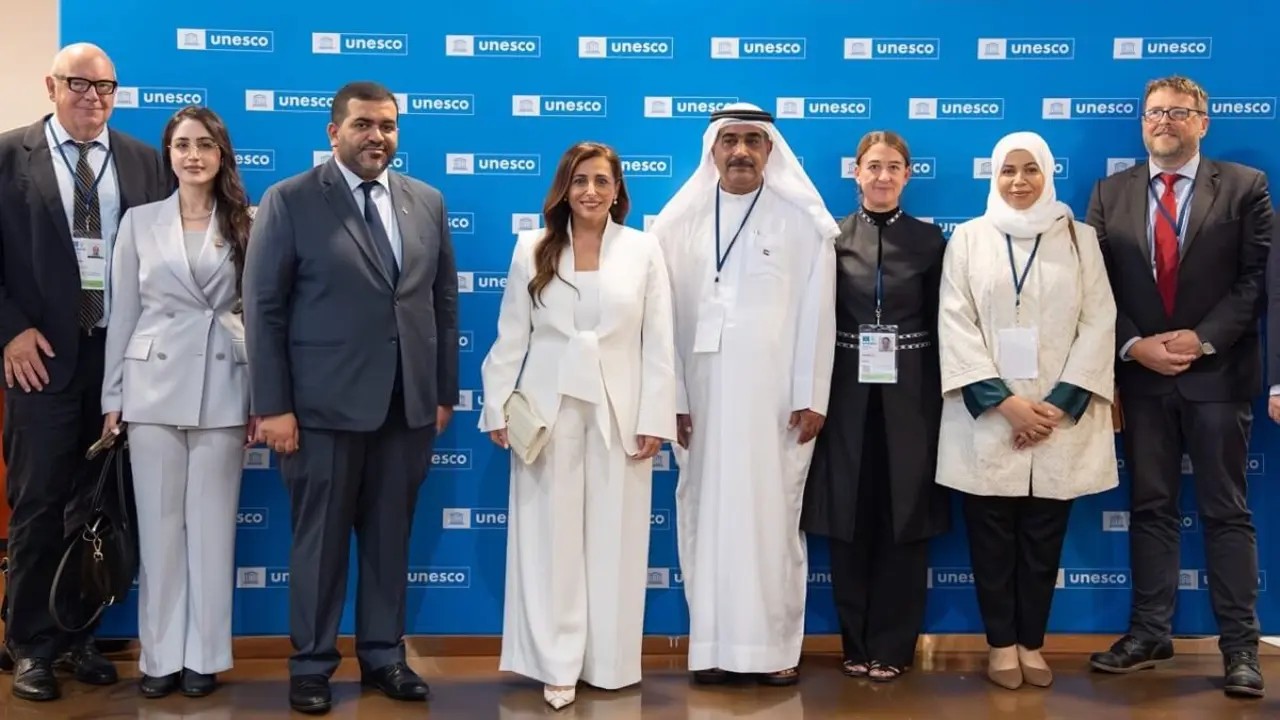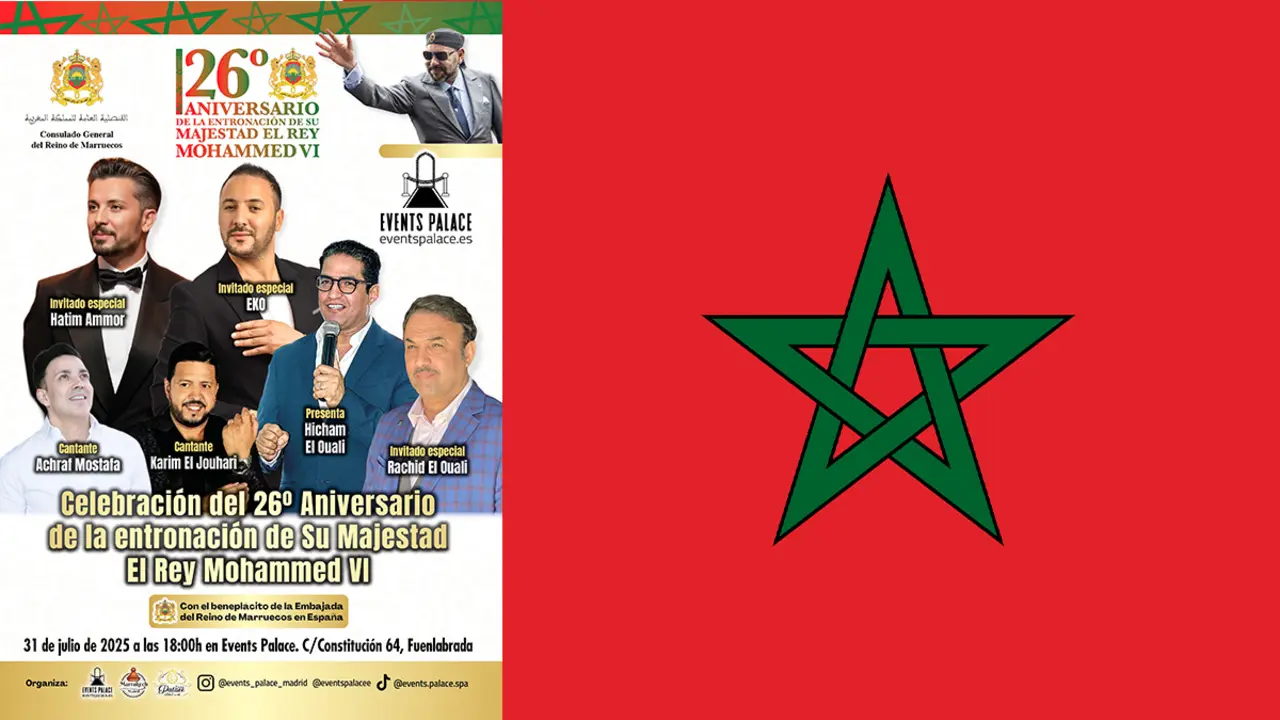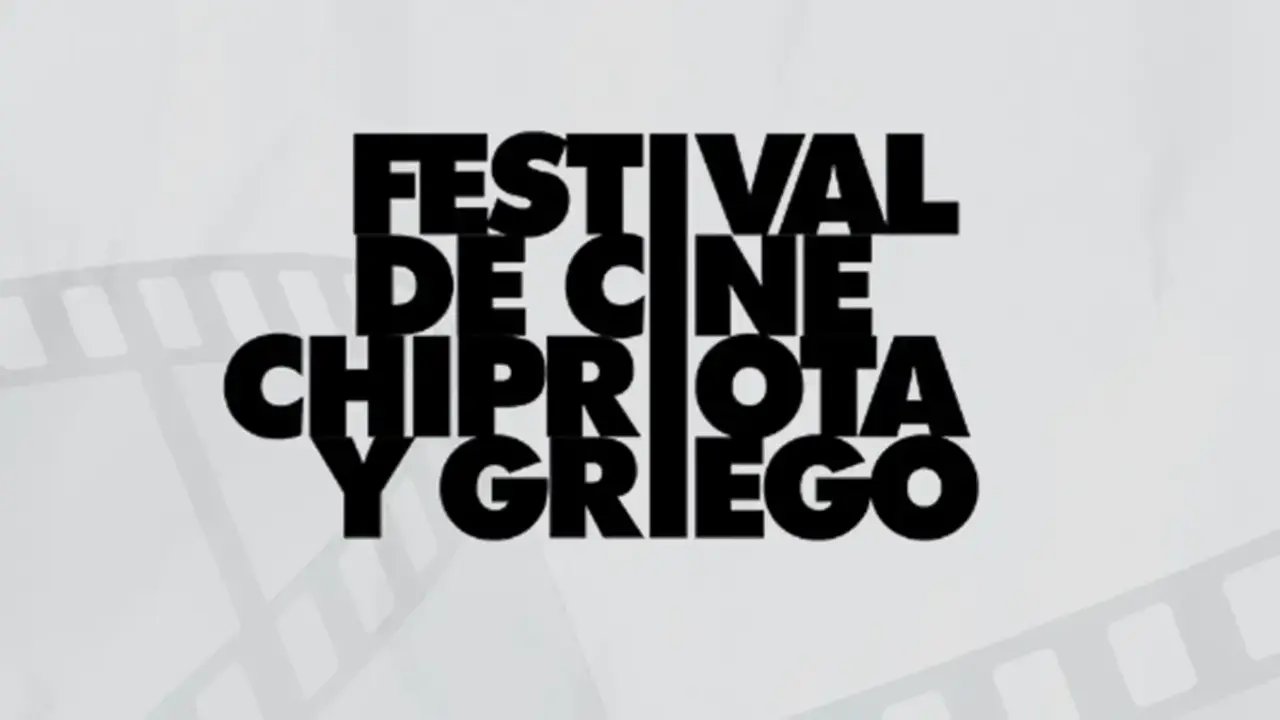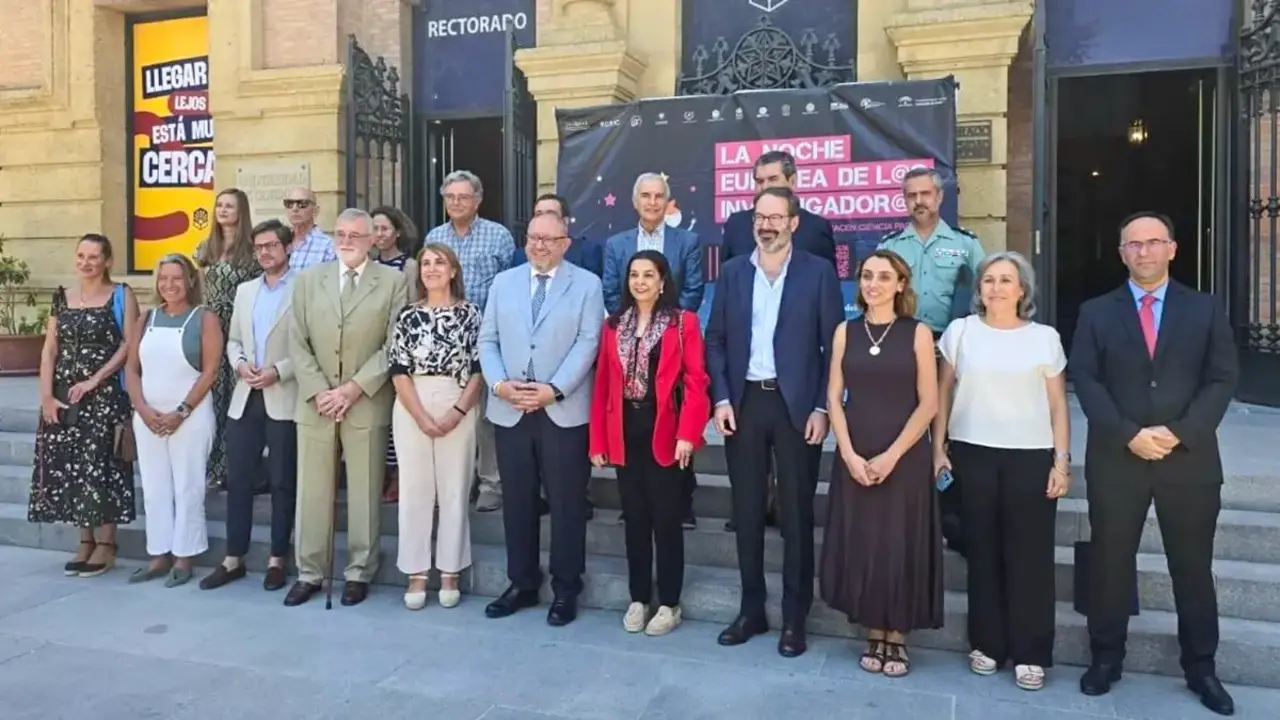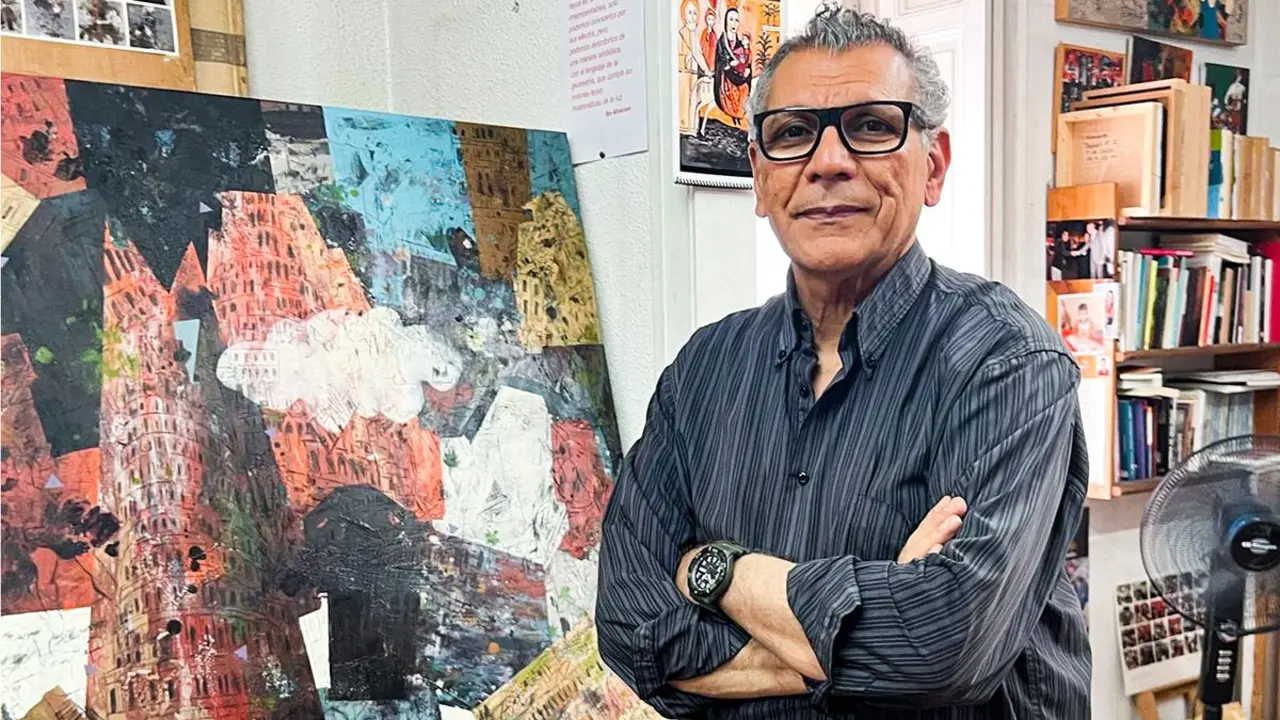The King of Spain at the Congress of the Spanish Language in Cadiz: "This is the hour of Spanish"

El IX Congreso Internacional de la Lengua Española (CILE) arrancó este lunes con la solemne sesión inaugural presidida por los Reyes de España en Cádiz, ciudad que se implica de lleno en este cónclave, que se retransmite íntegramente el La Internet. En la inauguración, el Rey Felipe dijo que “esta es la hora de la lengua española, con toda su riqueza y diversidad. No dejemos pasar la oportunidad que nos ha puesto la historia. El siglo XXI debe ser el siglo del español”. . Hagámoslo posible”. Toda una declaración sobre nuestra lengua, que es “uno de nuestros grandes patrimonios que debemos conservar, cuidar y promover”.
Su Majestad hizo un breve repaso de todos y cada uno de estos Congresos, desde el primero (Zacatecas, México, 1997) hasta el más reciente (Córdoba, Argentina, 2019). Aseguró que “el gran encuentro hispánico que estamos celebrando una vez más, esta vez en Cádiz, se ha convertido, por su trascendencia, difusión y continuidad, en el evento más relevante de la lengua española; y también, en buena medida, en el lugar donde se han sentado las bases de la política lingüística panhispánica".
In line with the motto of this ninth edition, "Spanish language, crossbreeding and interculturality", the monarch stressed that "Spanish, from its origins, is a crossbred language, and this crossbreeding transcends social coexistence, teaching and the whole cultural, literary and artistic world (...) and it does so in all the nations that speak it". And he recalled that "America is a continent that can be crossed from north to south without changing the language: Spanish, with all its richness and variety, which makes our language a living, open language, which is built by all of us every day".
After a greeting from the Mayor of Cádiz, the Director of the Cervantes Institute opened the speeches, denouncing "hate speech, racism, irrationalism and lies" and affirming that "the defence of human rights and democratic values is today the main task of those of us who love our mother tongue and the Spanish-speaking community".
On the subject of miscegenation, Luis García Montero, director of the Cervantes Institute, said that there are theoreticians who are uncomfortable with the word "because they understand that it hides within it an offence to the indigenous. Without ignoring that there are many mestizos who despise the indigenous, just as there are many white supremacists who despise the mestizo," he said, "I dare to assume the awareness of mestizaje as a way of recognising historical processes and approaching our own identity as an open sense of belonging, a way of shaping the self that can be linked to life in common without considering the other as a threat".
He wanted to allude to the Cadiz musician Manuel de Falla, who died in exile in Argentina; to Rafael Alberti, also from Cadiz, to the writer Francisco Ayala and to Pérez Galdós and his Episodes on the liberal Cadiz of 1812. "Cádiz is, of course, a good place to continue reflecting on the ties of pan-Hispanic miscegenation and can also open up to other issues related to Europe, North Africa and the ties and tension that migrations reveal in the dynamics of interculturality".
García Montero said that miscegenation and interculturality "invite us to become aware, through language and culture, of all the fundamental debates inherited from the 20th century and widened by the digital transformation of the 21st century". And he made this comparison: "What the Industrial Revolution of the great cities meant for human identity is now being redefined by the navigations of a new digital revolution".
He also recognised the value of our language, "so solid and extensive that it can aspire to maintain the adjective mother tongue alongside the reality of globalisation", a language that is "common territory of the one and the diverse, which over the years has maintained its unity and respect for the nuances of its five hundred million speakers and its wide, but never alien, worlds".
El Rey, en la ceremonia inaugural del #CILE2023:
— Casa de S.M. el Rey (@CasaReal) March 27, 2023
?️"La lengua es uno de nuestros grandes patrimonios que debemos preservar, debemos cuidar y debemos también impulsar."
➡️https://t.co/dkIKf4Yzyf @CadizLengua #CILECádiz pic.twitter.com/VCO6NcHegm
Three writers made their contribution on the stage of the Gran Teatro Falla, which hosts the city's major events, including those staged each year by the hilarious chirigotas of the famous carnival.
Sergio Ramírez did not conceal his pain and bitterness at his situation: stripped of his nationality by Daniel Ortega's regime and welcomed in Spain, the Cervantes Prize winner vindicated himself: "I am Nicaraguan and there is no exile possible thanks to my language, which nobody can take away from me, nobody can banish me: language is my homeland". The author lamented the long saga of tyrants who have ruled his country, tyrants who "want to take away your memory and your past", but "it is impossible to erase words": literature will endure despite its enemies.
In a more relaxed tone, Elvira Lindo, born in this city that is "the breakwater of humour for all Spains", declared her "devoted love for the language of the street", an ever-growing vocabulary, a source of pride for the locals, and which will be addressed in several of the Congress panels.
For her part, the writer and academic Soledad Puértolas spoke about the word mestizaje, from its appearance in the writings of the Inca Garcilaso to its appearance in the Diccionario de Autoridades, its normalisation in the 19th century given the spectacular increase in the number of mestizos, and the broadening of its meaning, which went from implying fatality to wealth or a free choice.
The director of the Royal Spanish Academy (RAE), Santiago Muñoz Machado, said that "the goddess Fortune has played" to bring to Cadiz this IX Congress that was to be held in Arequipa (Peru). The president of the Association of Spanish Language Academies (ASALE) recalled that Cádiz, which was then "the end of the known land", was also the one that consolidated the maritime route that connected Spain with America and brought its language to colonial America.
Nor did he forget Cadiz's leading role in the Constitution of 1812, in the drafting of which representatives of American countries that were fighting for their independence took part; processes that were inventing the concept of "citizen" instead of the traditional concept of "subject". From there, in the 19th and 20th centuries, concepts such as homeland, sovereignty, citizenship, free man and freedom were established.
The Minister of Foreign Affairs emphasised the good offices and "joint responsibility" of the government to ensure that what could not take place in Arequipa could be held in this city. All of this, "without any delay" (the planned dates have been maintained) "so that Spanish continues to advance and does not stop".
José Manuel Albares also stressed that Spanish "is one of the few global languages" and "an asset that unites us with the 19 countries in which it is an official language". A universal language with a future that faces the challenge of "placing itself at the very heart of artificial intelligence" (voice assistants, automatic translation, etc.). A language, he concluded, that brings together all of us who speak it, but, above all, all of us who love it".
The President of the Junta de Andalucía declared that Spanish "is a language with a present and, above all, a great future". For José Manuel Moreno Bonilla, the almost 500 million native Spanish speakers are "tesserae of an immense mosaic" facing a future full of challenges that require a strong language, a future to be administered through the power of the word. I trust," he concluded, "that your debates will be nourishment that will help this great living body that is the Spanish-speaking community to continue to grow.
Among the guests who filled the Gran Teatro Falla were the Ibero-American Secretary General, Andrés Allamand, the Ombudsman, Ángel Gabilondo, and ministers and vice-ministers from various countries.
After the opening ceremony, Don Felipe and Doña Letizia visited four of the exhibitions at Casa de Iberoamérica that complement the academic debates of the CILE: "Books and authors of the Viceroyalty of Peru", "Embusements and wonders. Impossible Representations of the Other", "Academic Perspectives" and "New Municipal Collection of Ibero-American Art".
The Kings' intense day included the special session "Unity and diversity of Spanish. Tradition and the challenge of artificial intelligence" and the opening flamenco show "Tempo de luz" with the singers Carmen Linares and Marina Heredia, the cantaor Arcángel and the flamenco dancer Ana Morales.
Submitted by José Antonio Sierra, Hispanismo advisor.

